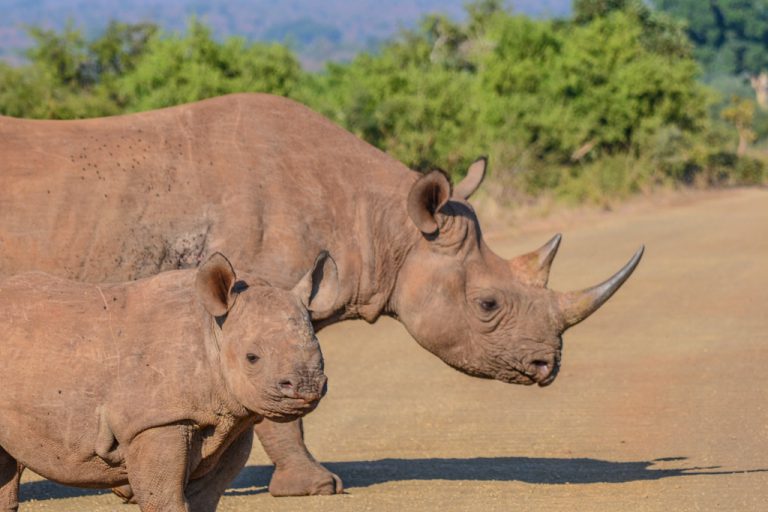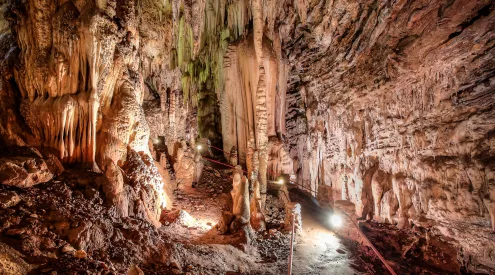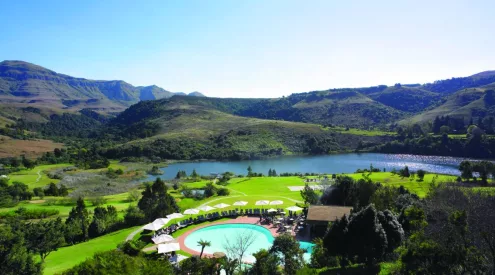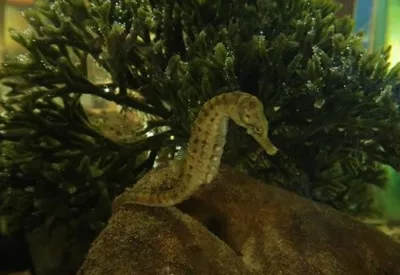The annual hunting and export permits for big game granted by the Department of Forestry, Fisheries and the Environment (DFFE) have been criticised by conservation organisations.

‘The quota for leopard has been set at 10 animals… Leopard hunts will only be allowed in areas where leopard populations are stable or increasing, and only male leopards seven years of age or older may be hunted,’ the DFFE said on 25 February. The age requirement is meant to dramatically reduce overharvesting, which is excessive harvesting or unsustainable exploitation.
The DFFE has also permitted a staggering 150 elephants to be hunted this year, saying ‘only a very small portion of the overall elephant population is hunted in a year (less than 80 elephant bulls, which is less than 0.3% of the total population). The national elephant herd shows an increasing trend and the quota of 150 is well within sustainable limits.’
Shockingly, 10 adult male black rhinos may also be hunted, based on ‘the national population estimates for black rhino per subspecies, all three of which show an increasing trend at present’.
Although the population may be increasing, the species remains critically endangered, according to the International Rhino Foundation’s 2021 report. Currently, there are estimated to be more than 5 600 black rhinos.
The greatest threat to the species’ recovery is wildlife crime, according to the WWF. More than 1 000 rhinos were killed each year between 2013 and 2017 alone. That amounts to almost as much as the total current population.
Nearly 10 000 African rhino have been poached in the last decade, approximately double the current population.
Laura Bolton, a conservationist from conservation and education NPO One Land Love It, has raised her concerns: ‘The decision to allow hunting based on population estimates that show “an increasing trend at present” begs the question… what is an acceptable figure? Consider how quickly populations have been decimated in short periods of time.’
Bolton spoke about the time and effort that goes into rhino conservation,as well as the economic value of hunting in South Africa: ‘Lines are being blurred where we regard it as a tragedy when one rhino is lost and advocate strong sentencing relying on the government to take a stand, little expecting that stand to be one that sends such a message. We are not naïve to the economic value of hunting in South Africa and often this has been used to further conservation. However, is the current population of critically endangered black rhino accepted as stable, especially considering that it has taken three decades for that population to “recover”?’
Furthermore, Bolton was critical of what the government claims to be sustainable harvesting: ‘Poaching has been a scourge that has caused the impoverished to betray their natural heritage often for the sake of survival but also greed. Using funds from hunts of rhino to go towards impoverished and marginalised communities sends another conflicting message, that our wildlife is for sale. Sustainable harvesting has a space but when it is related to a critically endangered species and the funds do not even get directed back to conservation of that species then it is impossible to justify. Intentions have to be questioned. Is this so-called harvesting really sustainable and ethically acceptable? At what expense do we go ahead with this?’
Picture: Getaway Gallery
ALSO READ















